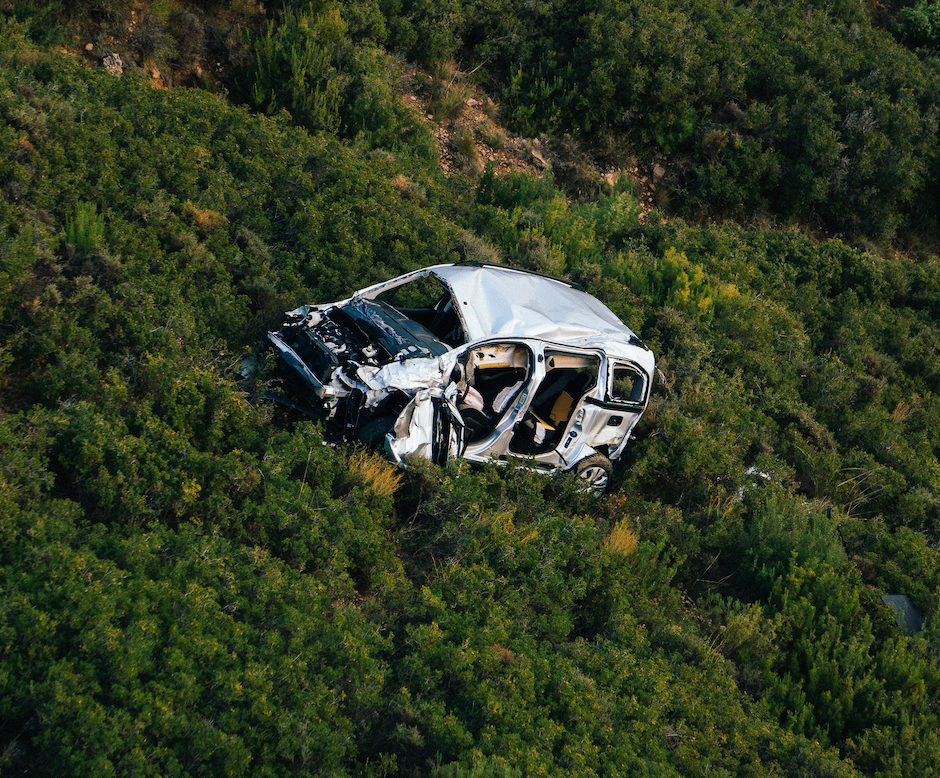Insurance adjusters are trained to deny claims or undervalue them if they cannot legally be denied.
Immediately following a car crash, you likely aren’t thinking about protecting your rights when it comes to an insurance claim and possible legal action. Instead, you are more likely focused on any injuries that you or your passengers may have sustained and damage to your vehicle. However, it is important to stay focused and make sure you are safe both physically and financially.
Hiring a Lawyer
When it comes to protecting your rights after a car crash, some of the options available to you might seem obvious, like hiring a lawyer. However, even with these more well-known options, there are often aspects of which people are unaware. For instance, people often think that hiring a lawyer will cost too much money. In reality, though, any reputable Los Angeles auto accident attorney will charge you on a contingency basis.
That means that they don’t get paid unless you get paid. You don’t have to pay any money upfront, and the percentage received by your lawyer following your payout is regulated. As a result, accident victims generally end up taking home a much higher sum after paying their attorney than they would have had they tried to negotiate a settlement themselves.
Checking on the Safety of Others
When involved in an accident, as long as it is reasonable to do so, you must check on the health and safety of others involved in the crash. Obviously, if you are badly hurt, this requirement does not apply. However, if you are healthy, you must make sure others are alright. If they are injured, you are required to administer any aid directed by a 911 operator.
If you fail to check on the condition of others involved in the accident and render reasonable assistance, you could be in real trouble. Not only will it likely weigh heavily on your conscience, but the failure will also be labeled as negligent behavior. Neglecting to offer assistance could hurt you from a legal perspective.
Involving the Police

When you get in a car accident, it is always best to involve the police. Failing to do so can have dire consequences. You may be reluctant about contacting the police. Perhaps you would prefer for there not to be a record of your accident. You may worry that you could receive a ticket or that your insurance company could find out and raise your rates.
However, having an official record of the accident is important. Of course, if you were on drugs or drunk during the accident, police involvement is likely to come with some steep consequences for you. Barring these eventualities, though, an official report will generally do you more good than harm, especially if another driver disputes your version of events later.
In many accident situations, involving the police isn’t merely a good idea. It is also the law. If the accident resulted in injury, death, or property damage of at least $500, failing to report the accident is a criminal offense.
You also have the right to review the police report and request corrections if you feel that the reporting officer made any mistakes or left out any relevant information.
Receiving Proper Medical Attention
The number of people who feel fine after an accident and wave off medical attention is staggering. Refusing or delaying medical attention can be incredibly costly if it turns out you did suffer an injury. Many accident injuries are not immediately detected, so people don’t want to be bothered.
When you fail to receive prompt medical attention following an accident, insurance companies will point to this failure as a sign that you were not seriously injured in the accident. They will instead claim that you are faking your injury, that your injury resulted from something other than the accident, or that your injury was made more severe by failing to get timely treatment.
Make sure to accept any treatment offered by EMTs, including transport to the hospital if they deem it necessary. Even if the EMTs examine you and determine that you are fine, you should still head to the hospital for a more thorough examination.
The insurance company may require an exam from an independent medical examiner when you file a claim. However, you are also entitled to a second opinion from a doctor of your choosing.
Never Apologizing
This may sound harsh, especially if you feel that you may have been at fault for the accident. However, you should never apologize at the scene. Even if you don’t mean the apology as an admission of guilt, it can still be used that way. It is not your place to assign self-blame. The fault should be determined by the court.
While you don’t want to admit fault, you also don’t want to lie or express misleading statements. When filing the crash report with the police, you should answer the questions truthfully, even if, by doing so, you are admitting to a traffic violation. Confessing to the infraction and admitting fault are two separate things. Many other factors may have come into play as well.
Staying Off Social Media
One of the most common ways that people are ruining their insurance claims these days is through social media. Insurance investigators love to comb through your online presence to find any information that they can use to help them deny your claim. Even a seemingly innocuous post can come back to haunt you. Ask family and friends to refrain from posting about you until after your case is settled as well.
Gathering Every Available Piece of Evidence
In situations where you are injured, this might not be doable. However, if you are fine, take pictures of everything. Talk to all witnesses and gather personal information. Your lawyer will conduct an investigation when they take over your case. However, the more you can give them to start, the better position they’ll be in to do their job effectively. Some evidence will vanish forever if you don’t gather it at the time of the accident.
Not Talking to the Insurance Company
Insurance adjusters are trained to deny claims or undervalue them if they cannot legally be denied. They have a whole book of tricks that they will throw at you to avoid paying you the compensation to which you are entitled. Have your lawyer handle all communication with the insurance company. After all, a competent car accident attorney knows all the tricks as well and how to combat them.


Join the conversation!